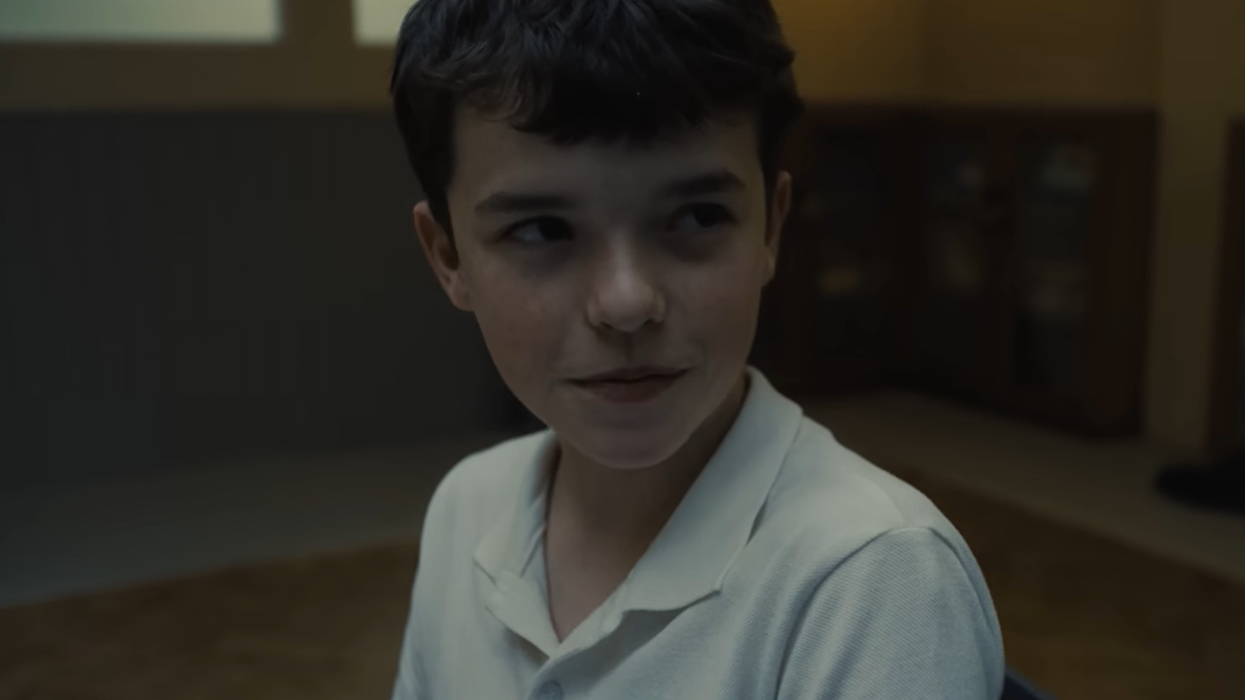Netflix’s new drama Adolescence has sparked global discussions about the increasing digital threats that today’s youth face, including toxic online communities and harmful ideologies. Starring Stephen Graham, the series delves into the life of a 13-year-old schoolboy who commits a shocking crime and explores how toxic online influences, such as the manosphere and misogynistic spaces that promote male rage, play a role in shaping young minds. While the show's storyline is disturbing, it also offers valuable lessons for parents, carers, and professionals working with children. The central message is clear: digital awareness and engagement are vital to safeguarding the next generation.
For families worldwide, navigating the world of online safety adds another layer of complexity. The intersection of cultural values, technology, and the expectations placed on young boys can create unique challenges. The rise of extremist ideologies and online influencers promoting hyper-masculinity are not just abstract threats; they are real and present dangers lurking behind screens and algorithms. This article explores the lessons from Adolescence and how they can be applied in a culturally sensitive manner to protect children in the digital age.
The manosphere and male rage
At the heart of Adolescence lies the troubling reality of the manosphere, a network of online forums, influencers, and content that often perpetuates misogynistic ideas and toxic masculinity. The show portrays how these hidden corners of the internet can captivate young boys, influencing their thoughts, attitudes, and behaviours. The 13-year-old protagonist becomes ensnared in these ideologies, leading to devastating consequences.
For many parents, particularly those from immigrant backgrounds, the idea that their children could be exposed to such harmful content might seem distant or unlikely. However, the truth is that these online influences are pervasive and can infiltrate any household. Parents may place significant value on close-knit family structures and educational success, but even the most diligent family environments can be vulnerable to digital threats.
Digital awareness: A call for active parenting
Laura Simpson, a digital safety officer from Guernsey Police, pointed out in her reflection on Adolescence that parents, carers, and professionals need to actively engage with their children's online lives. “I think my key takeaway from the series was a moment in the last episode when the parents looked at each other and asked, ‘Should we have done more?’” Simpson noted that this realisation, that they were not involved enough in their son’s life, should be a wake-up call for everyone involved in raising children.
In many families around the world, where intergenerational respect and traditional values often play a central role, some parents may be less aware of the digital worlds their children inhabit. They may assume that their children are safe if they appear to be doing well in school or participating in family life. However, as Adolescence illustrates, children’s online identities and experiences can be starkly different from the persona they present at home.
To counteract this, parents need to engage with the digital content their children consume. This means understanding the apps and games they use, setting parental controls, and having regular conversations about what they encounter online. Sharing videos, articles, or ideas between parents and children can create an open dialogue, fostering trust and ensuring that harmful influences are recognised and addressed early.
Shows like Adolescence bring critical awareness to the dangers lurking in the digital world
Cultural sensitivity: Protecting children across diverse communities
For families from various cultural backgrounds, the challenges of navigating digital safety are further complicated by cultural expectations and values. Many parents in these communities emphasise education, obedience, and respect for elders. While these values are incredibly important, they can sometimes lead to a lack of openness in discussing issues like online safety, particularly around sensitive topics like misogyny or extremism.
It's essential to approach these conversations with cultural sensitivity. Parents can frame discussions around family values, linking online behaviour to the respect and dignity they wish to instil in their children. By framing digital safety within the context of community and cultural identity, parents can help children understand the importance of rejecting harmful influences while maintaining their cultural values.
The role of schools and community leaders
Beyond the home, schools and community leaders play a pivotal role in educating young people about digital dangers. Community organisations, religious institutions, and other cultural hubs can integrate online safety into their youth outreach programmes. Teachers and professionals can be equipped with tools to help students recognise and resist the pull of toxic online spaces. Open discussions in schools, reinforced by cultural leaders, can create a supportive environment where children feel comfortable speaking about their online experiences without fear of judgment or punishment.
Embracing digital awareness for a safer future
Adolescence offers a stark reminder of the dangers lurking online for today’s youth. For families across the globe, the challenge is twofold: not only must parents navigate the digital world with their children, but they must also balance these efforts with the cultural values they hold dear. The key takeaway is clear: active engagement, open communication, and cultural sensitivity are crucial to protecting children from the toxic influences of the digital age.
By adopting a proactive approach to digital safety, parents, carers, and professionals can help shield the next generation from harmful online content, while ensuring they grow up in an environment that values respect, education, and community. The question, as raised by Adolescence, is not whether parents should do more, but how they can do it effectively before it’s too late.





